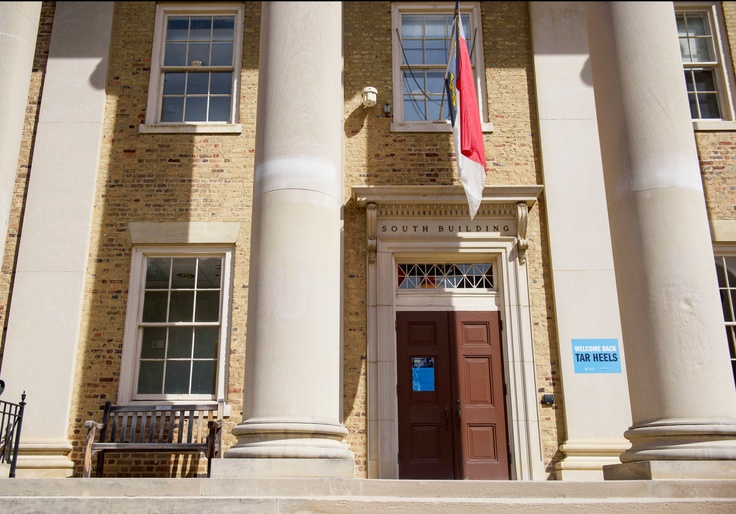An advocacy group pushing the Supreme Court to overturn Harvard's race-conscious admissions policies on Thursday filed a petition that charges the University of North Carolina with anti-Asian bias.
The advocacy group, Students for Fair Admissions, asked the justices to fast-track a case against UNC that is still being processed in lower courts. The group is petitioning the Court to review the case alongside its landmark challenge to Harvard's admissions practices, which it asked the justices to take up in February.
"If the Supreme Court decides, as it should, to reconsider racial preferences in college admissions, it should consider that question in the context of both a private school and a public school," Students for Fair Admissions president Edward Blum said. "And it should resolve that question under both Title VI of the Civil Rights Act and the U.S. Constitution."
The request is a reminder that the Supreme Court is facing a wave of affirmative action cases. Separate attacks on affirmative action are unfolding across the country and will reach the justices in due course, even if the Court refuses to hear the Harvard and UNC disputes. For example, a challenge to race-conscious admissions policies at the University of Texas is pending before the Fifth U.S. Circuit Court of Appeals.
Both matters ask the Supreme Court to overturn a foundational affirmative action decision, Grutter v. Bollinger, and forbid consideration of race in college admissions. In Grutter, the Supreme Court said colleges may consider race as one factor among many on a case-by-case basis. Grutter involved an unsuccessful attack on affirmative action policies at the University of Michigan Law School.
Although it is a private institution, Harvard is subject to federal anti-discrimination laws because it accepts federal dollars each year. UNC, on the other hand, is a public school, so the plaintiffs can attack its program on statutory and constitutional grounds.
"This case and Harvard should be heard together," Thursday's petition reads. "The first question presented in both cases is the same: whether this Court should overrule Grutter and hold that institutions of higher education cannot use race as a factor in admissions. This Court can resolve that momentous question in either case. But if it decides to revisit Grutter, its analysis would be more complete if it considered both a private university (Harvard) and a public university (UNC) and both the Constitution (UNC) and Title VI (Harvard and UNC)."
UNC awards racial preferences to African Americans, Hispanics, and Native Americans, but not to Asians. The university considers the first three groups underrepresented on campus as compared with North Carolina's population. In contrast, Asians account for about 12 percent of UNC's student body and 3 percent of the state population.
Students for Fair Admissions on the same day in 2014 filed lawsuits that accused Harvard and UNC of unlawful race discrimination. The UNC case lagged through the court system behind the Harvard dispute. A federal trial court ruled for Harvard in 2019, and a federal appeals court did the same a year later. In contrast, it took almost seven years for the UNC case to reach trial. U.S. District Judge Loretta Biggs in Winston-Salem, N.C., ruled for the university on Oct. 18.
Grutter, decided in 2003, predicted that affirmative action would end 25 years in the future. In contrast, Biggs said race-conscious admissions are a permanent "institutional obligation to be broadly and equitably administered."
"While no student can or should be admitted to this university, or any other, based solely on race, because race is so interwoven in every aspect of the lived experience of minority students, to ignore it, reduce its importance and measure it only by statistical models as [Students for Fair Admissions] has done, misses important context," Biggs wrote.
Hearing the Harvard and UNC cases together would be consistent with Grutter. The justices decided to hear Grutter after a federal appeals court upheld Michigan Law School's affirmative action policies. A separate legal challenge to Michigan's undergraduate admissions criteria was not as far along, but the Court heard that lawsuit alongside Grutter to consider affirmative action at multiple levels of higher education.
The Court often fast-tracks closely linked cases. For example, the justices in October expedited review of two separate legal challenges to Texas's abortion law, one from clinics in the state and another from the Biden administration.
The case is Students for Fair Admissions v. University of North Carolina.
